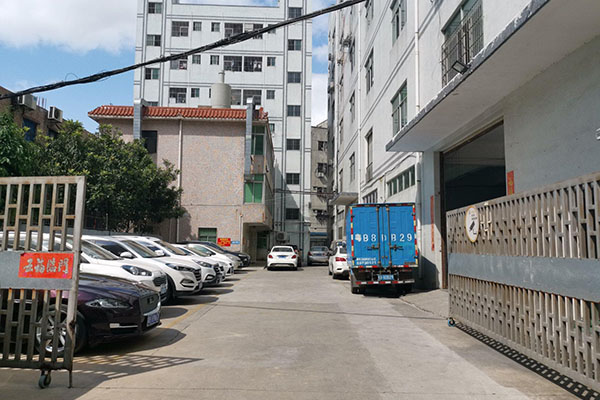Sustainable Denim Manufacturing for a Greener Future

Sustainable denim manufacturing is no longer just a trend but a necessity in the fashion industry. The traditional methods of producing denim have long been associated with significant environmental harm, from excessive water usage to chemical pollution and high carbon emissions. However, as consumer awareness grows and regulatory pressures increase, brands are adopting innovative practices to reduce their ecological footprint while maintaining quality and style. This shift toward greener denim production is paving the way for a more sustainable future in fashion.
One of the most pressing issues in conventional denim manufacturing is water consumption. Producing a single pair of jeans can require up to 7,000 liters of water, primarily due to the cotton cultivation and dyeing processes. To address this, many companies are turning to water-saving technologies such as laser finishing and ozone washing. These methods drastically cut down water usage by replacing traditional stone washing and manual abrasion techniques. Additionally, recycled water systems are being implemented in factories to ensure that every drop is reused, minimizing waste and preserving this precious resource.
Chemical pollution is another major concern in denim production. Synthetic dyes and toxic chemicals used in finishing processes often end up in waterways, harming aquatic life and nearby communities. Sustainable brands are now opting for natural and low-impact dyes derived from plants and minerals, which are biodegradable and non-toxic. Furthermore, closed-loop systems are being adopted to capture and recycle chemicals, preventing them from entering the environment. Innovations like foam dyeing, which uses significantly less water and dye, are also gaining traction as a cleaner alternative to conventional methods.
The carbon footprint of denim manufacturing is another area where sustainability efforts are making a difference. Traditional denim production relies heavily on energy-intensive processes, from cotton farming to fabric treatment. To combat this, many manufacturers are transitioning to renewable energy sources such as solar and wind power. Some brands are even exploring carbon-neutral production by offsetting emissions through reforestation projects and carbon credits. Additionally, the use of organic cotton, which requires fewer pesticides and synthetic fertilizers, helps reduce greenhouse gas emissions compared to conventional cotton farming.
Recycling and circular fashion are playing a crucial role in sustainable denim manufacturing. The fashion industry is notorious for its waste, with millions of jeans ending up in landfills each year. To counter this, brands are designing jeans with longevity in mind, using durable materials and timeless styles. Post-consumer denim is being repurposed into new garments or insulation materials, reducing the demand for virgin resources. Some companies are also offering repair and upcycling programs to extend the lifespan of their products, encouraging consumers to participate in a circular economy.
Consumer behavior is a driving force behind the shift toward sustainable denim. As more people become aware of the environmental impact of fast fashion, demand for ethically produced clothing is rising. Brands that prioritize transparency, fair labor practices, and eco-friendly materials are gaining loyal followings. Certifications such as BCI (Better Cotton Initiative) and GOTS (Global Organic Textile Standard) help consumers identify products that meet stringent sustainability criteria. Education campaigns and marketing efforts are further empowering shoppers to make informed choices that align with their values.
The future of sustainable denim manufacturing looks promising, with continuous advancements in technology and growing industry collaboration. From biodegradable denim fibers to blockchain traceability for supply chains, innovation is accelerating the transition to greener practices. However, widespread adoption requires collective effort—brands, consumers, and policymakers must work together to create systemic change. By embracing sustainability at every stage of production, the denim industry can significantly reduce its environmental impact while still delivering the stylish, high-quality jeans that consumers love.
Global logistics
It can be shipped worldwide
About the MOQ
Minimum order quantity of 200 pieces
Support 24/7
Call us:(+86)136 6980 8954
Free sample
200 pieces MOQ Free sample







Customized product message